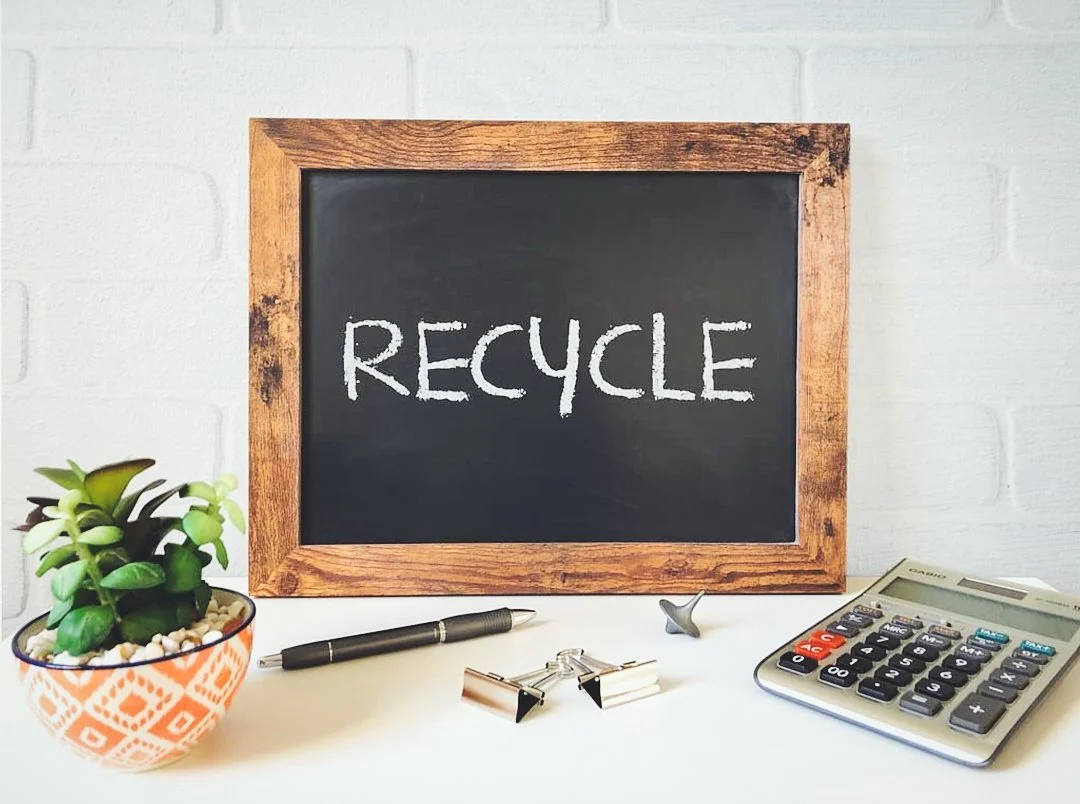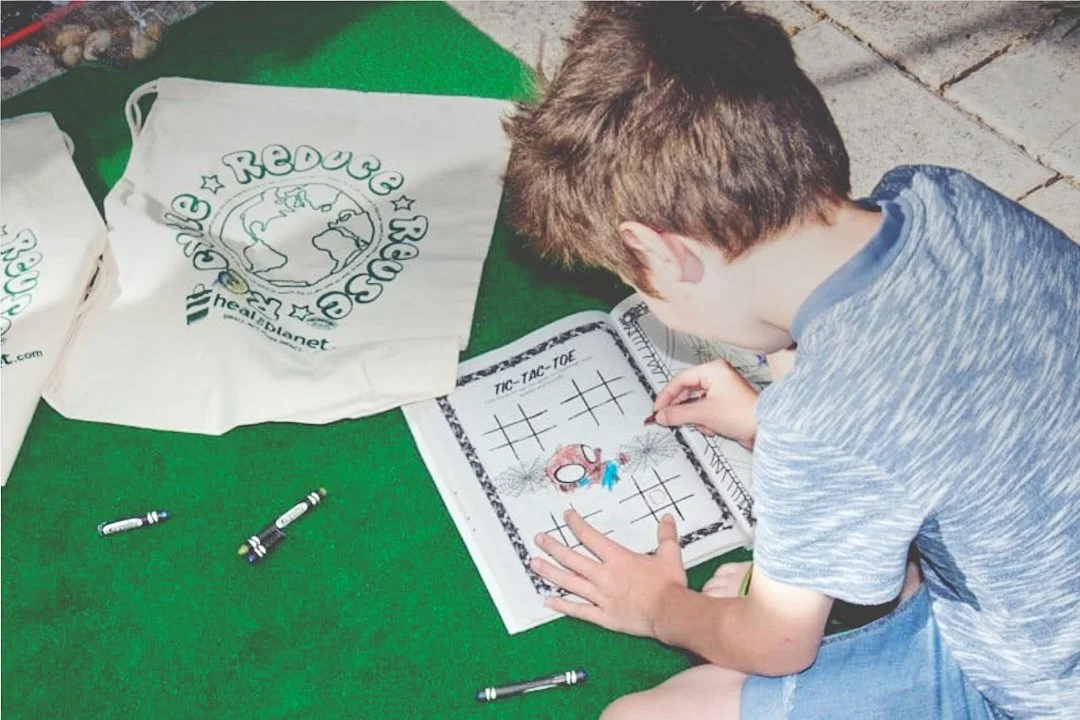#25 Recycling Consciously
Are you aware that there are currently over 2,000 landfills operating in the US? Or that the average American tosses 1,606 pounds of trash per year? The Environmental Protection Agency (EPA) estimates that 75% of waste is recyclable – but less than 34% of that is recycled. Recycling is one of the easiest ways to contribute to improving the environment – provided that you recycle properly.
Reality of Recycling.
Recycling has been active in the US for almost 100 years. According to the EPA, recycling is the process of collecting and processing material that would otherwise be thrown away as trash and turning them into new products. The most common recyclable items are paper, aluminum, glass, and cardboard. With vast improvements in the way we recycle, there is still an opportunity to make a larger impact. Proper recycling is critical to ensure that items intended for recycling do not get contaminated and discarded – instead of being recycled. Making sure that plastics are cleaned, lids are removed, and the right types of plastics are sent in to be recycled – saves batches of recycling from being thrown out due to contamination. Items such as pizza boxes, many plastic lids, ziplock and other small baggies cannot be recycled. Let’s learn more about the facts on recycling.
Facts on Recycling:
25% of all items brought in for recycling are contaminated or unable to be recycled.
In the US, over 250 million tons of trash is discarded annually.
Recycling plastic saves twice as much energy as it takes to burn it.
Landfills are among the biggest contributors to soil pollution. Roughly 80% of the items buried in landfills could have been recycled.
Every minute, 1 million plastic bottles are purchased around the globe, but only half of those bottles will get recycled.
Over 11 million tons of recyclable clothing, shoes, and textiles make their way into landfills each year.
The US throws away $11.4 billion worth of recyclable containers and packaging every year.
If 1/10th of all discarded American newspapers were recycled annually – approximately 25 million trees would be saved.
The energy it takes to produce 1.5 million tons of plastic could power 250,000 homes.
Glass and aluminum are infinitely recyclable.
Did you know that a single recycled plastic bottle saves enough energy to run a 100-watt bulb for 4 hours?
HOW CAN I MAKE AN IMPACT?
Action 1: Global Goodness
Know what you can and cannot recycle. By informing yourself on what is recyclable, you can increase the amount of goods available to recycle. Know the rules in your area on what your community currently recycles. Here is a great reference for recycling: http://www.wm.com/thinkgreen/what-can-i-recycle.jsp
Rinse your jars, glasses and recyclable food containers. Knowing how to recycle is essential. Go to: https://recycleoftenrecycleright.com for some additional tips on proper recycling.
Keep plastic bags out of your recycling bins.
Action 2: Planet Protector
Get your community involved in a town clean-up. Gather once a month to clean up the community, and recycle available items.
Buy recycled products. Many companies are utilizing and producing recycled goods; by supporting these companies – we can reduce the need for harvesting additional natural resources.
Repair before you toss! Don’t just throw out your phone when the screen breaks, look for a galaxy s10 screen replacement instead. So much waste comes from throwing out goods that can be made good as new with just one or two new parts.
Repurpose your recyclables into art. Get creative and transform plastics and paper into projects around the home.
Action 3: Earth Angel
All of Actions 1 & 2.
Ask your local government and waste facility to supply more recycling bins throughout your community. 9 out of 10 Americans said that they would recycle if the bins were readily available.
Donate items that you don’t use. There are numerous charities in need of clothes, shoes, electronics, and many other recyclable goods.
Choose to be an Ambassador for Change, and always Spread Loveand Spread Light.
FACTS REFERENCES:
14 Recycling Contamination Facts That Will Blow Your Mind
50 Recycling & Trash Statistics That Will Make You Think Twice About Your Trash
https://www.creditdonkey.com/recycling-statistics.html
https://greenliving.lovetoknow.com/United_States_Recycling_Statistics
https://www.rubiconglobal.com/blog-waste-recycling-trends-2018/


